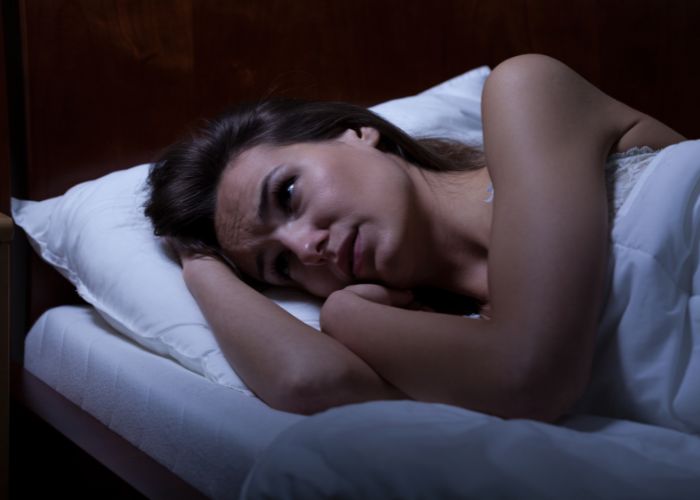MADRID – More and more people in Spain suffer from sleep deprivation and sleep disorders. This ‘sleep epidemic’ leads to a wide range of health problems and reduced quality of life.
According to data from the Spanish Society of Neurology, more than 4 million people suffer from some form of chronic and severe sleep disorder. Furthermore, over 12 million “don’t get enough rest”. The conclusion is that in Spain, 48% of the adult population and 25% of children do not have a good night’s sleep, which means sleep deprivation. Moreover, 45% of the population will suffer from a serious sleep disorder at some point.
The highest consumption of benzodiazepines
In addition, Spain is the country in the world with the highest consumption of benzodiazepines. This is a drug often prescribed to improve sleep due to its anxiolytic, hypnotic and muscle relaxant effect. The problem is that benzodiazepines can be addictive with long-term use. The body can get used to it and become tolerant to the medication. This can lead to the development of an addiction, where the body becomes dependent on the medication to function normally. Stopping the medication abruptly can lead to withdrawal symptoms, including anxiety, insomnia, irritability, and in some cases, even seizures.
Most common sleep disorders
Insomnia, nightmares, sleep apnea or sleepwalking are some of the most common sleep disorders. However, there are nearly 100 classified ones. Sleep deprivation can be prevented or treated. In Spain, however, less than a third of people who suffer from it seek professional help.
Causes
According to researchers (source), factors such as changing lifestyles, stress and exposure to screens before bed have contributed to the growing prevalence of sleep disorders in the country. In addition, data shows that many Spaniards struggle to get the recommended amount of sleep of 7 to 9 hours per night.
Health issues
Sleep deprivation and sleep disorders are linked to numerous health problems, including an increased risk of heart disease, diabetes, obesity, and mental health conditions such as depression and anxiety. In addition, a chronic lack of sleep can lead to impaired concentration, memory problems and reduced performance at work or school.
Expert recommendations for better sleep hygiene
Health experts emphasise the importance of sleep hygiene. Therefore, they advocate for more awareness and education about the importance of adequate sleep for overall health and well-being. Some recommendations to improve sleep include:
- Maintaining a regular sleep schedule
- Creating a peaceful and comfortable sleeping environment
- Avoiding caffeine and heavy meals before bed
- Limiting exposure to screens in the evenings
Measures and specialised care required
In light of this worrying trend, the researchers recommend that both individuals and society as whole take steps to improve sleep quality and address sleep disorders. The association sees investments in preventive measures as essential. Access to specialised care must also be increased to limit the consequences of this ‘sleep epidemic’ and to ensure the overall health and well-being of the Spanish population.
What about the siesta?
It is a common misconception that people in Spain sleep more than other Europeans because of the siesta phenomenon. The siesta is traditionally a short afternoon nap that is taken after lunch. Still, it is important to note that this custom has become less common in current times and certainly in larger cities and among younger generations.
The current work and lifestyle in Spain have led to a decline in the siesta culture. Many people work full-time and do not have time for an afternoon nap during the working day. In addition, Spain remains one of the European countries with the longest working days, further limiting the time available for sleep and relaxation.
In recent years, there have been discussions in Spain about adjusting working hours and synchronising them with the rest of Europe to promote a better work-life balance and improve sleeping habits.
Also read: Valencia trials four-day working week


